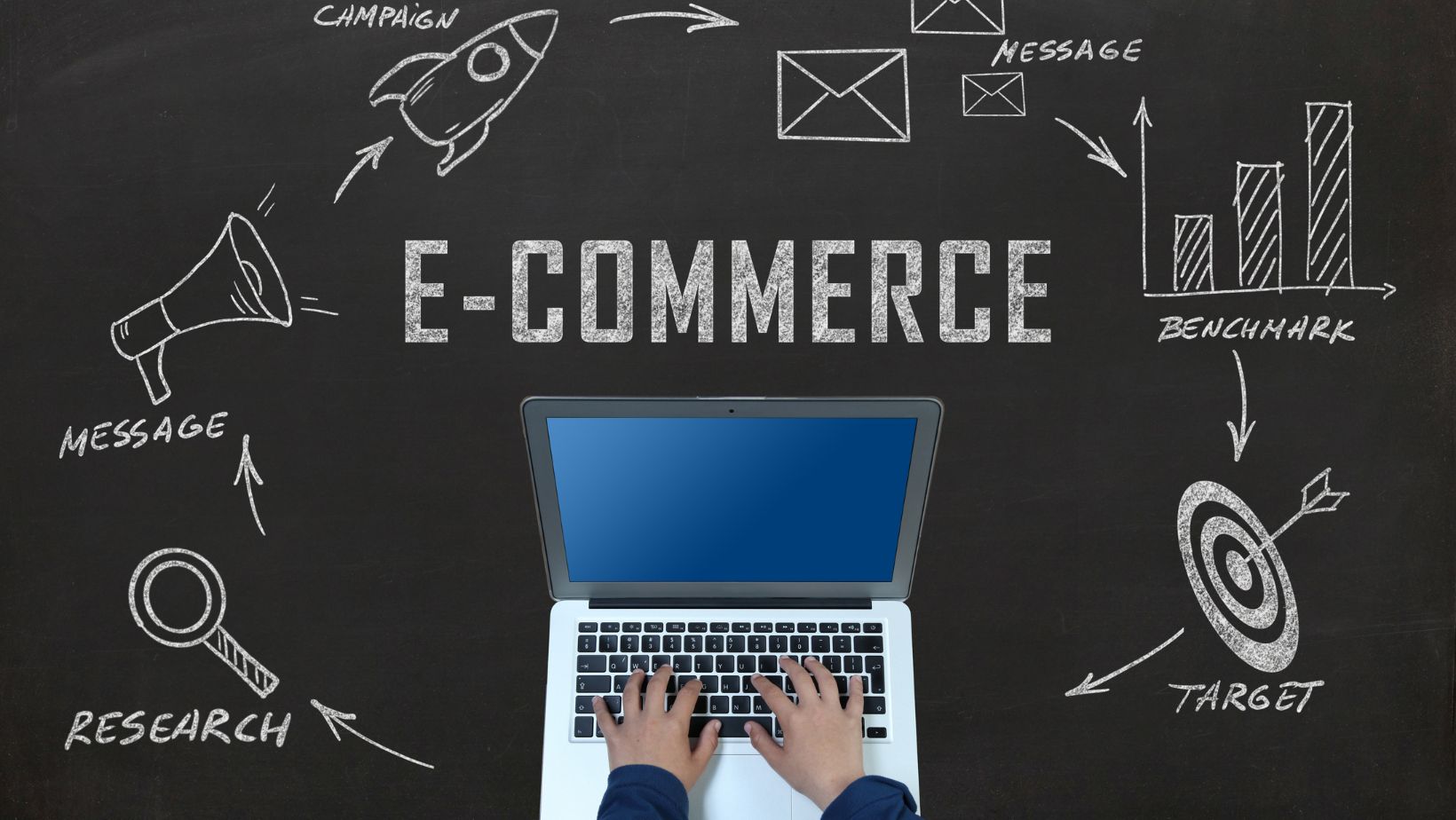In recent years, e-commerce has transformed from a convenient shopping alternative into a global powerhouse, driving logistics and customer service innovations. The evolution of online retail has necessitated advancements in fulfillment strategies, particularly as businesses expand to serve international markets more effectively.
This article delves into the key trends shaping the future of e-commerce fulfillment amidst this dynamic landscape. By examining these trends, businesses can better understand consumers’ evolving needs and adapt their fulfillment strategies accordingly to stay competitive in the global market.
The Rise of International Fulfilment Services
As businesses strive to reach customers across various continents, the complexity and demand for efficient international fulfillment services have intensified. These services are crucial for navigating the logistical challenges posed by global trade, including compliance with diverse regulatory standards, managing customs clearance, and addressing varied consumer expectations across different markets.
To better understand the components of effective international fulfillment, here is a table that breaks down the key aspects:
| Aspect | Description |
| Local Partnerships | Collaborating with local fulfilment centres to leverage their regional expertise and infrastructure. |
| Customs Expertise | Employing specialists to handle customs clearance and ensure compliance with international trade laws. |
| Technology Integration | Utilising advanced software for inventory management, order tracking, and logistics optimisation. |
| Flexible Shipping | Offering multiple shipping options to meet diverse customer preferences and cost considerations. |
| Customer Support | Providing multilingual support and local return centres to enhance the customer experience. |
Integrating Artificial Intelligence for Smarter Fulfilment
Artificial Intelligence (AI) is revolutionizing e-commerce fulfillment by enabling smarter, more predictive logistics. AI technologies are being applied to forecast demand more accurately, optimize inventory allocation, and enhance route planning for deliveries. Subsequently, these advancements lead to reduced operational costs and improved service levels.
For example, machine learning models can predict peak shopping times and adjust inventory in real-time, ensuring that fulfillment centers are well-stocked and ready to dispatch products quickly and efficiently. Not to mention, AI-driven tools also assist in automating mundane tasks, enabling human staff to concentrate on more complex and strategic activities that add greater value.
Green Logistics: Towards Eco-Friendly Practices
The move towards green logistics encompasses several key practices designed to minimize environmental impact while enhancing operational efficiency.

Here is a deeper look into some of the major practices:
- Reduction in Packaging Waste: Companies are rethinking packaging by using both recycled and recyclable materials, significantly reducing the volume and environmental impact of waste. Innovations include biodegradable packing peanuts and corrugated bubble wrap, which offer protection without the extensive use of plastics.
- Optimized Delivery Routes: Advanced routing algorithms are being employed to calculate the most efficient delivery paths, reducing fuel consumption and lowering emissions. This also includes the consolidation of deliveries to decrease the number of trips required, further minimizing the carbon footprint.
- Use of Sustainable Energy Sources: Many fulfillment centers are shifting to sustainable energy sources like solar or wind power. This not only minimizes dependence on fossil fuels but also significantly cuts down operational carbon emissions. The integration of energy-efficient practices in these centers, like smart lighting and HVAC systems, also contributes to a lower environmental impact.
- Electric and Hybrid Delivery Vehicles: The shift towards electric and hybrid vehicles is a critical component of green logistics. These vehicles produce fewer emissions compared to traditional combustion engines. As technology advances and the infrastructure for charging improves, the adoption of electric vehicles in logistics is set to become more widespread.
Personalisation in Fulfilment Services
Personalisation in fulfilment services is fast becoming a critical strategy for enhancing customer satisfaction and loyalty. In essence, this approach involves customizing the delivery experience to meet individual preferences and expectations, such as preferred delivery times and bespoke

packaging.
Besides that, personalised fulfilment extends to product customisation, where customers can have a hand in designing the features or aesthetics of their purchased items, which are then fulfilled directly to their specifications. All in all, this level of personalization helps businesses stand out in a saturated industry by delivering a unique shopping experience that customers value.
Real-Time Tracking and Advanced Data Dashboards
Real-time tracking and advanced data dashboards have become essential tools, empowering both businesses and consumers with immediate access to information regarding order statuses and logistics performance. These technologies enhance customer satisfaction by providing a clear view of the delivery process and enable companies to make informed decisions quickly, improving operational efficiency.
Here is a summary highlighting the key features and benefits of real-time tracking and advanced data dashboards:
| Feature | Benefit |
| Order Tracking | Provides customers with up-to-the-minute updates on the status of their orders, enhancing transparency and trust. |
| Inventory Management | Enables precise monitoring and management of stock levels, reducing overstock and stockouts through efficient replenishment. |
| Logistics Performance | Analyses delivery routes and times, identifying potential bottlenecks or inefficiencies in the shipping process. |
| Customer Insights | Gathers data on customer behaviour and preferences, allowing for tailored marketing and improved service offerings. |
| Operational Analytics | Offers comprehensive visibility into operations, helping businesses optimise processes and reduce costs. |
The Bottom Line
As online retail continues to grow, the innovation in e-commerce fulfillment services will undoubtedly bring even more exciting developments to watch. By staying ahead of these trends, businesses can ensure they meet the changing demands of consumers and sustain a unique selling point in the global marketplace. On that note, the trends discussed in this article highlight the industry’s move towards more integrated, customer-focused, and sustainable fulfillment solutions.

